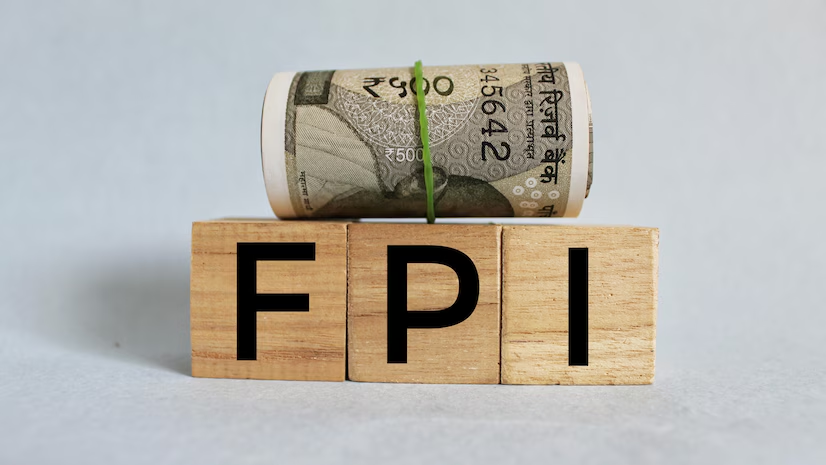After experiencing net outflows for two consecutive months, foreign investors became net buyers in June, injecting Rs 26,565 crore into Indian equities. This shift was driven by political stability and a significant market rebound.
Looking forward, the focus will shift towards the budget and Q1 FY25 earnings, which will likely influence the sustainability of foreign portfolio investor (FPI) flows, according to Vipul Bhowar, Director of Listed Investments at Waterfield Advisors.
Data from the depositories indicates that FPIs made a net infusion of Rs 26,565 crore in equities in June. This follows a net outflow of Rs 25,586 crore in May due to election uncertainties and over Rs 8,700 crore in April due to concerns over changes in India’s tax treaty with Mauritius and rising US bond yields. Prior to this, FPIs invested Rs 35,098 crore in March and Rs 1,539 crore in February, while January saw a withdrawal of Rs 25,743 crore.
The net outflow for the year now stands at Rs 3,200 crore, as per depository data.
Geojit Financial Services Chief Investment Strategist V K Vijayakumar noted that political stability, despite the BJP not achieving a majority independently, coupled with a strong market rebound supported by steady domestic institutional investors (DIIs) and aggressive retail buying, has encouraged FPIs to invest in India again.
However, FPI buying has been concentrated on a select few stocks rather than broadly across the market or sectors, due to FPIs viewing Indian equities as still overvalued, according to Bhowar. They are showing preference for the financial, auto, capital goods, real estate, and select consumer sectors.
Kislay Upadhyay, Smallcase Manager & Founder of Fidelfolio, anticipates a steady and substantial FPI inflow due to government stability, strong GDP performance, stable consumer prices, ample forex reserves, and robust banking sector health.
Additionally, FPIs invested Rs 14,955 crore in the debt market in June, bringing their total debt market investment to Rs 68,624 crore for 2024 so far. India’s inclusion in the JP Morgan Bond Index is seen as a positive development, expected to lower borrowing costs for the government and capital costs for corporates, benefiting both the economy and the equity and debt markets.










